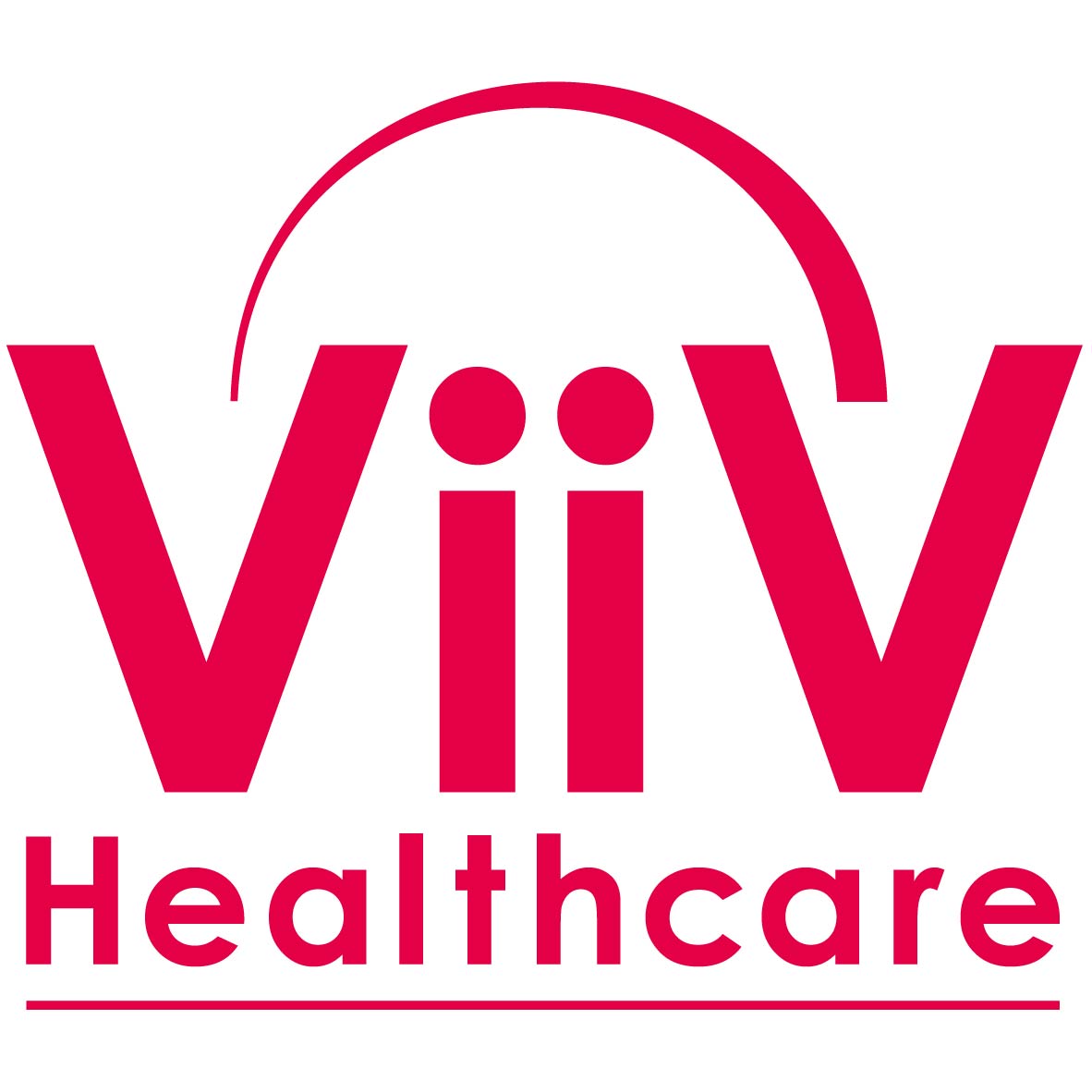Irina Arkhipova, Marine Biological Laboratory
Eddy Arnold, Rutgers University and CABM
David Baltimore, Caltech
J. Michael Bishop, University of California, San Francisco
Jef Boeke, NYU Langone Health
John Coffin, Tufts University
Kathleen Collins, University of California, Berkeley
Ronald Desrosiers, University of Miami Miller School of Medicine
Jaquelin Dudley, The University of Texas at Austin
Robert Gallo, University of Maryland School of Medicine
Stephen Goff, Columbia University
Alex Greenwood, Leibniz-Institut fur Zoo-und Wildtierforshug, Germany
Thierry Heidmann, Institut Gustave Roussy, France
Thomas Hohn, Friedrich Miescher-Institut, Switzerland
Stephen Hughes, National Cancer Institute
Welkin Johnson, Boston College
Christine Kozak, National Institute of Allergy and Infectious Diseases
Alan Lambowitz, The University of Texas at Austin
Jeffrey Lifson, National Cancer Institute at Frederick
Maxine Linial, Fred Hutchinson Cancer Research Center
Tom Maniatis, New York Genome Center
Malcolm Martin, NIAID, National Institutes of Health
William Mason, Fox Chase Cancer Center
Jeffrey Miller, University of California, Los Angeles
Hiroaki Mitsuya, National Cancer Institute
Karin Moelling, University of Zurich, Switzerland
John Moran, University of Michigan Medical School
Benjamin Neel, NYU Langone Health
Douglas Richman, University of California, San Diego
Stefan Sarafianos, Emory University
John Sedivy, Brown University
Anna Marie Skalka, Fox Chase Cancer Center
Jonathan Stoye, The Francis Crick Institute, UK
Sarah Temin
Harold Varmus, Weill Cornell Medical College
Peter Vogt, Scripps Research Institute
Robert Weinberg, Whitehead Institute for Biomedical Research
Robin Weiss, University College London, UK
This Week in Virology Discussion led by
Vincent Racaniello, Columbia University, Moderator
For these unique science history meetings, we invite speakers who made many of the seminal discoveries that began a field as well as those currently working in that field. We also invite historians who have examined the scientific and societal context of the field. Like the previous meetings in the series, this meeting will provide an excellent opportunity to look in-depth at the history of a topic in biology and share stories that may be missing from purely academic accounts.
Registrations are warmly welcomed from scientists, clinicians, historians, activists, and journalists. You must be registered in order to present a poster. Once registered you will receive a confirmation email containing the link for abstract submission. If you wish to present a poster, please plan on a maximum size of 4ft x 4ft (1.22m x 1.22m). Click the Information tab above for details on presenting posters at CSHL meetings.
We have significant sponsorship to partially offset registration costs for some attendees. Please apply in writing via email to Val Pakaluk and state your financial needs. See below for special categories of financial aid.
Social Media: The designated hashtag for this meeting is #cshlhist22. Note that you must obtain permission from an individual presenter before live-tweeting or discussing his/her talk, poster, or research results on social media. Click the Policies tab above to see our full Confidentiality & Reporting Policy.
Major financial support provided by: Gates Foundation, Genentech, Gilead, National Institutes of Health (NIAID)

Additional financial support provided by: AbbVie Inc., Assembly Biosciences
Pricing:
In-Person Fees (Housing options closed as of March 30, 2022)
Academic/Media Private Room/Private Bath Package: $1,310 (Subject to availability.)
Academic/Media Private Room/Shared Bath Package: $1,235
Academic Shared Room Package: $1,130
Academic/Media No-Housing Package: $860
Student Package*: $1,045
Student No-Housing Package: $775
Corporate Private Room/Private Bath Package: $1,625
Corporate No-Housing Package: $1,250
*Student Housing is default double occupancy. Please enquire about availability and fees to upgrade to private room.
Room packages close 2 weeks before the meeting start date
Rules for Virtual Participation: Virtual participation will include access to the oral sessions via Zoom, access to the digital poster sessions and access to the Slack discussion channel, and the Leading Strand video archive.
Presenters: Individuals submitting abstracts and facing financial barriers should firstly request financial aid (see above). Permission to present your talk or poster virtually will be given only in exceptional circumstances and on a case-by-case basis. If you think you are eligible for an exemption from the requirement to present in person, please provide a justification in writing via email to Val Pakaluk.
Non-presenting participants: We plan to broaden access to the conference by allowing certain categories of non-presenting participants to attend virtually at reduced fees. Categories include:
1. Additional members of individual laboratories (4th or more lab member) - PI must supply list of lab members via email to
Val Pakaluk
2. Individuals from low & middle income countries;
3. Individuals from non-LMIC countries in Asia, Australasia, Africa or South America;
4. Individuals from US & Canadian minority serving institutions;
5. Individuals with a demonstrable financial barrier;
6. Individuals with family obligations or other special circumstances.
For categories 5 & 6 above, please provide a justification via email to
Val Pakaluk
Late Fee (Registrations submitted after 5:00 p.m. ET on April 14, 2022)
Late Academic Virtual Package: $355
Late Student Virtual Package: $250
Late Corporate Virtual Package: $475